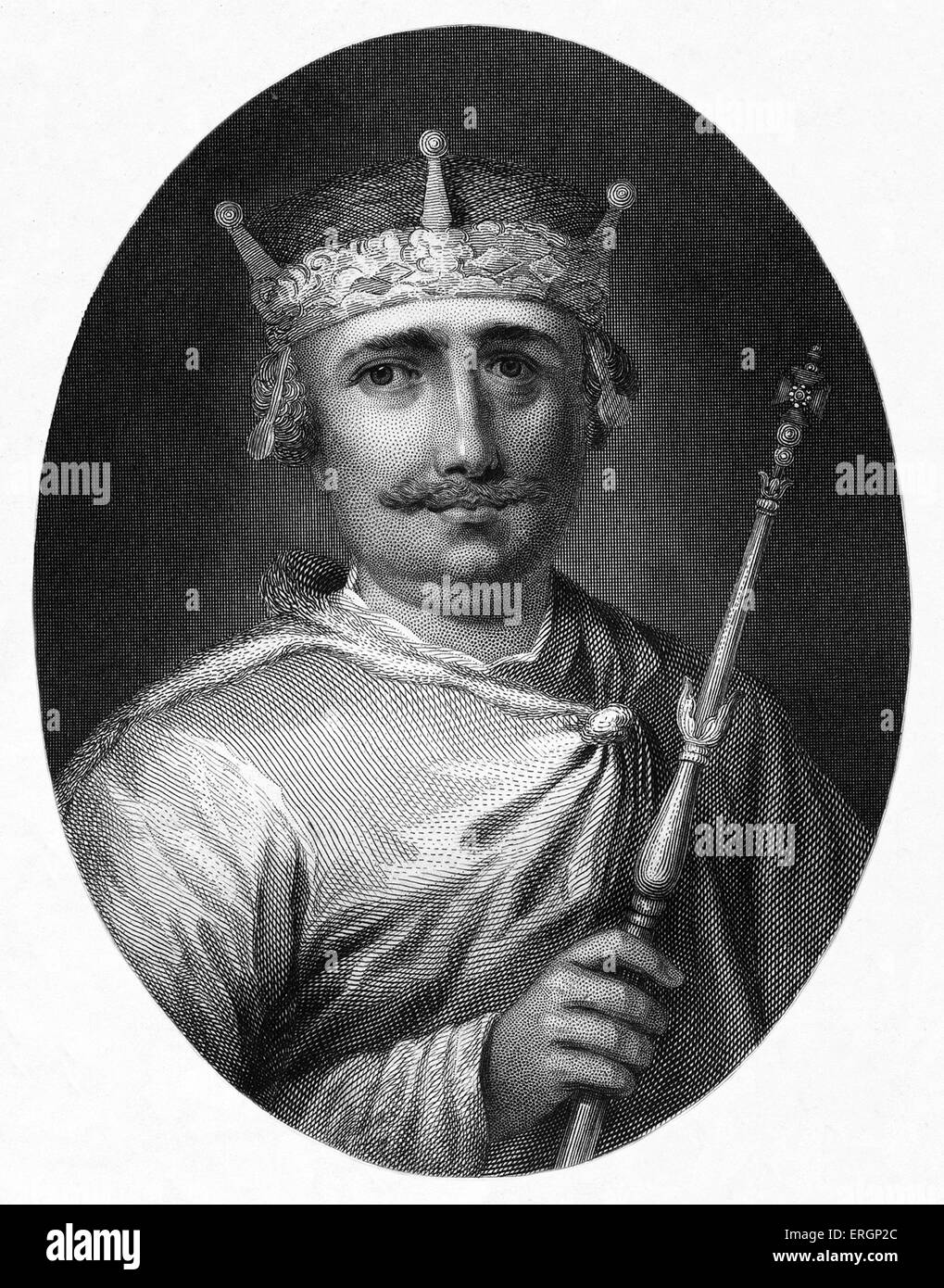

Breckinridge’s ill luck held: the boat was attacked by pirates, and when he managed to escape in a dinghy, a storm blew away the mast, leaving him bobbing along in the Caribbean for three weeks, eventually washing up in Cuba. Towards the end of the war, he managed to flee to Florida, where he borrowed a small boat. Because his state hadn’t joined the Confederacy, however, his new brothers-in-arms viewed the former Senator with suspicion and immediately charged him with treason. But Kentucky stayed in the Union, prompting Breckinridge to quit the Senate and sign up for the Confederate Army. Senate a year and a half before his vice presidential term ended.Īfter a failed bid for the Presidency in the tumultuous 1860 elections (eventually won by Abraham Lincoln), Breckinridge returned to Kentucky, urging the state to secede at the outbreak of the Civil War. And before he became the only one ever forced to flee the country to escape charges of treason, Breckinridge was actually a pretty popular VP: so impressed was Kentucky’s legislature that they elected him to the U.S. Voted into office as James Buchanan’s Vice President at the tender age of 36, John Cabell Breckinridge is still the youngest person ever to hold the office. The social boycott so irked Jackson - a fierce defender of the lady in question - that he fired his entire cabinet and booted Calhoun as well. But he seemed to forget the cardinal rule of the second-most-powerful job in the land - keep your boss happy - and his relationship with Jackson hit the rocks over Calhoun’s decision to ostracize a Washington woman accused of adultery. (It was rejected by Northerners and Southerners alike.) When Jackson won the following election, Calhoun continued to serve as Vice President. In fact, he later became known as the “Arch Nullifier” for his ill-conceived proposal to allow any one state to nullify an Act of Congress - effectively an effort to protect slavery in the South. When Adams won, Calhoun filled the office proudly, despite the fact that he was adamantly pro-slavery while Adams was a Northern abolitionist. He was so intent on the Vice Presidency that before the election of 1824 he offered his support to both John Quincy Adams and Andrew Jackson, who were running against each other.

Though he initially aspired to the nation’s highest office, John Calhoun quickly learned to settle for - and even strive to be - number two.


 0 kommentar(er)
0 kommentar(er)
